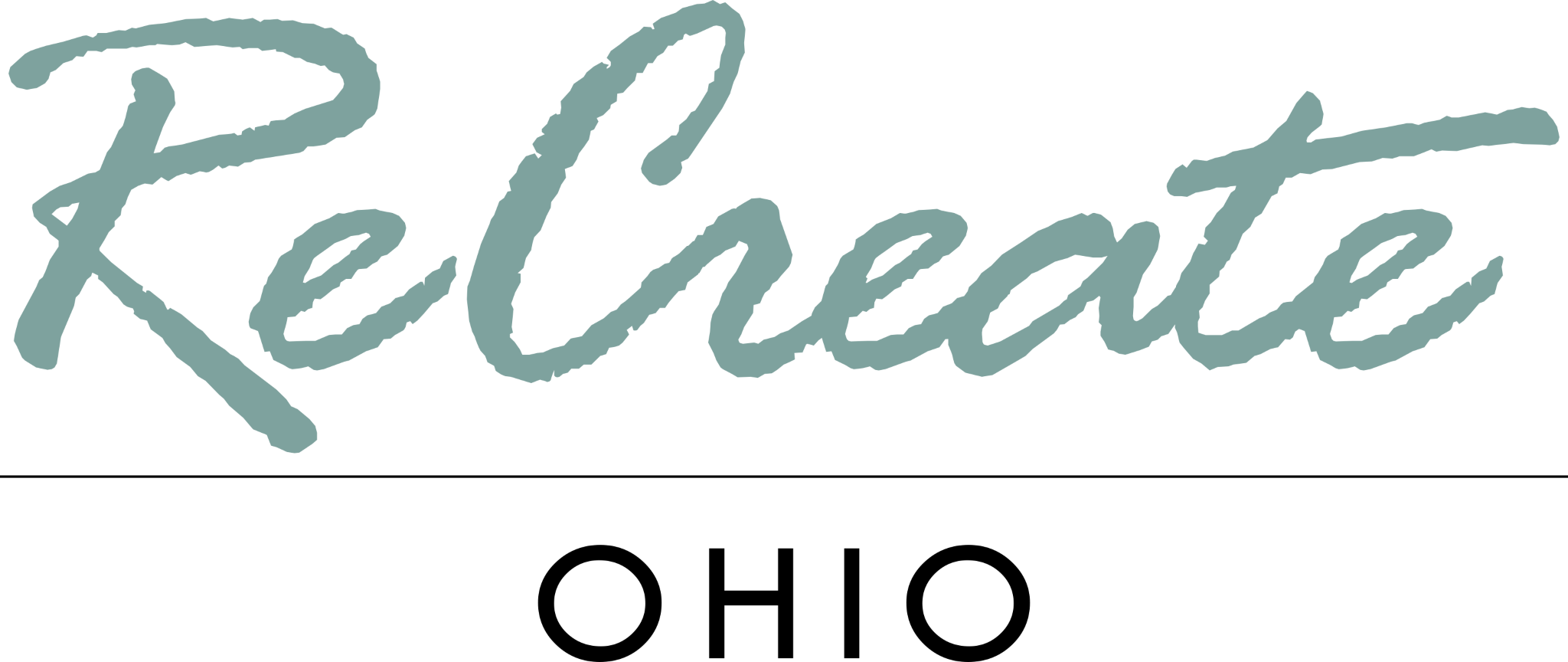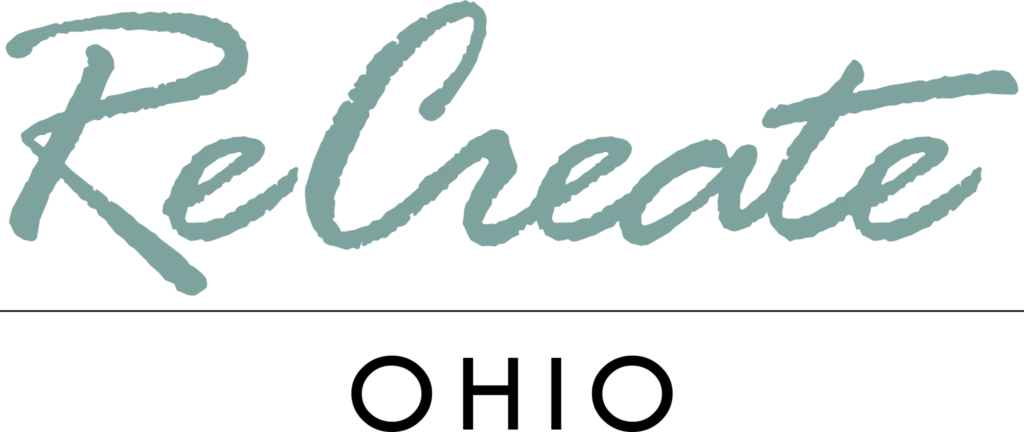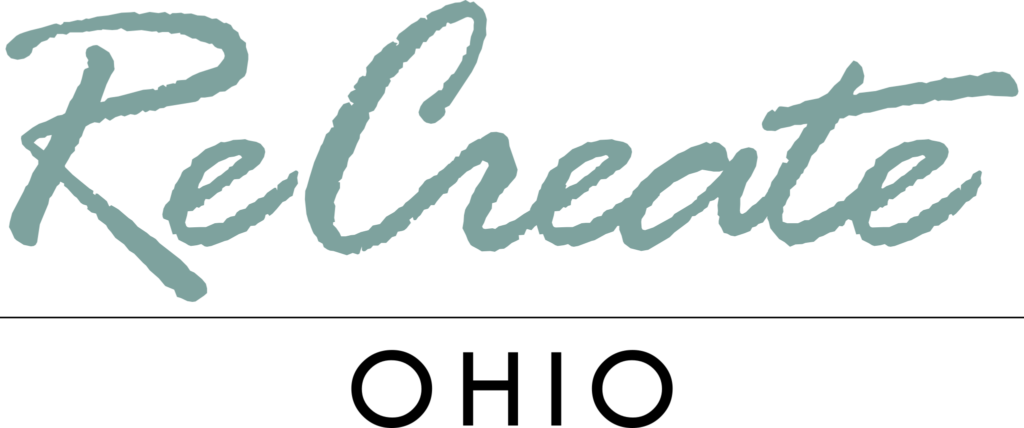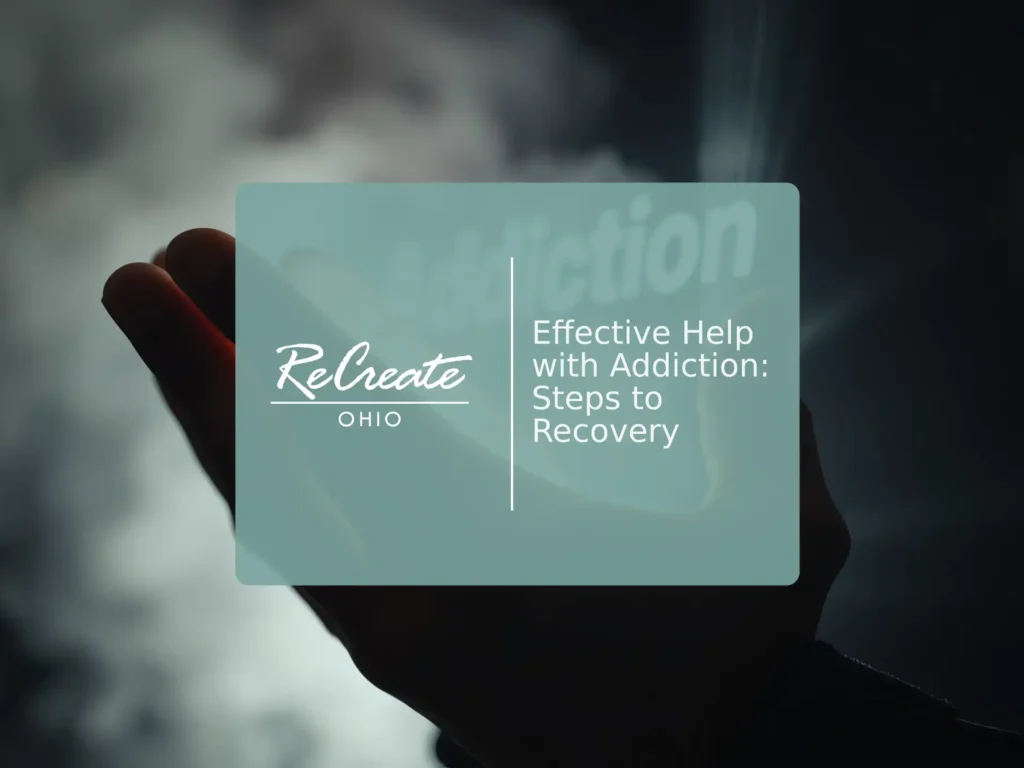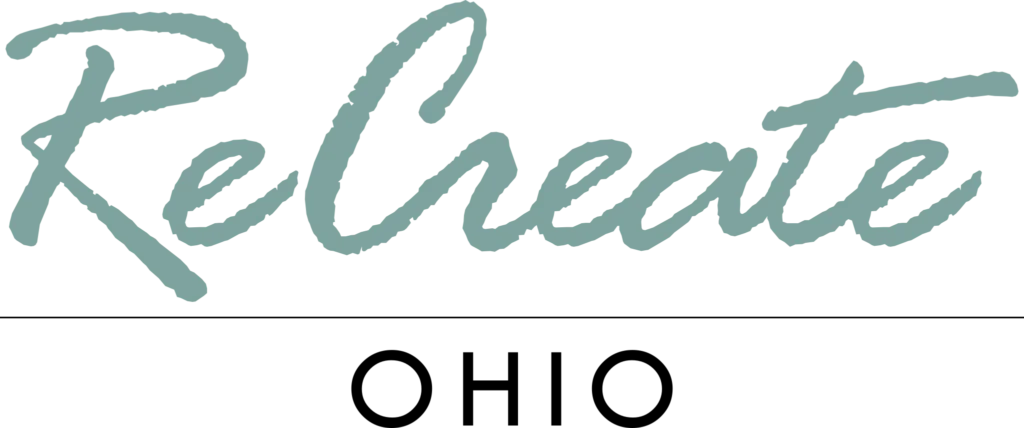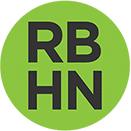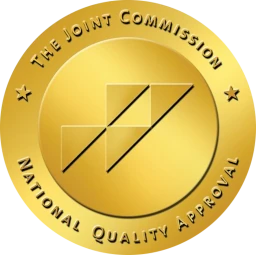Table of Contents
How to Get an Addict Rehab: Treatment Options & Recovery Paths

Wondering how to get an addict rehab? This article explains the rehab process, including detoxification, various treatment programs, and long-term recovery strategies. Detoxification is not the same as treatment and generally leads to resumption of drug use without subsequent treatment. We cover everything you need to know about finding addiction help and discharge planning from a facility.
Key Takeaways
- Addiction is a chronic condition influenced by genetic and environmental factors, requiring ongoing support and understanding for effective treatment and recovery.
- Detoxification for many is the initial step in drug addiction help, providing medical supervision to manage withdrawal and prepare individuals for further services.
- Comprehensive treatment programs, including personalized treatment and discharge planning as well as evidence-based therapies, are important for the different types of addiction, particularly for those with co-occurring mental health disorders. The treatment process includes education on addiction and motivational interviewing among other techniques.
Understanding Addiction and Substance Use Disorders

Addiction is a chronic condition characterized by compulsive drug and alcohol use despite harmful consequences. The medical diagnosis is referrs to addiction as substance use disorder, where individuals struggle with drug addiction and their consumption of alcohol or drugs. This inability to manage substance use can lead to significant disruptions in daily life and overall well-being. Stopping drug use is just one part of a long and complex recovery process.
Substance use disorders are influenced by a combination of genetic and environmental factors. Genetic predispositions can increase the likelihood of developing either a mental health disorder or a substance use disorder. Additionally, environmental factors such as trauma can contribute to both mental health disorders and substance use disorders. These risk factors, combined with the brain’s altered reward system, make addiction a challenging condition to overcome.
The brain’s reward system is significantly altered by drugs, leading to compulsive behaviors and challenges in self-control. This alteration is why addiction is considered a chronic disease with a high potential for relapse. Even after long periods of sobriety, individuals may relapse, underscoring the importance of ongoing support and relapse prevention strategies.
Maintaining a healthy lifestyle, including proper nutrition and regular exercise, can significantly influence mental health and aid in sustaining sobriety. Understanding the complexities of addiction and substance use disorders is the first step towards effective treatment and recovery, as it is closely linked to behavioral health.
The Role of Detoxification in Substance Use Disorders
Detoxification is often the first stop for an addct entering rehab. The detox admission form is signed, and the treatment facility introduces the patient to the medical staff and explains the how the services are designed to safely manage the acute physical symptoms of withdrawal and prepare patients for the next phase of treatment.
Three main steps:
- Evaluation – The evaluation for an addict entering detox involves a thorough medical and psychological assessment to determine the severity of substance use and to develop a safe, personalized detox plan.
- Stabilization – During detox, stabilization involves managing withdrawal with treatment medications to ensure the individual’s safety and comfort, preparing them for the next phase of treatment.
- Preparation for treatment – During detox, patients begin preparing mentally and physically to transition smoothly into the next phase of services to free from the cravings of their drug addiction.
Inpatient Detox
Inpatient detox provides 24-hour medical support, making it a safer option for individuals with severe addictions especially prescription opioids, heroin or alcohol. Medically supervised detox in a treatment facility, helps manage withdrawal symptoms and reduces the risk of complications like seizures and delirium tremens. Inpatient addiction treatment requires individuals to reside at the rehab facility for the duration of the treatment program. For instance, Recreate Ohio’s detoxification services include medically supervised detox, continuous care, and nutritional support to ensure a safe and effective detox treatment.
Medications Used in Detox
Medications are often used during detox to alleviate discomfort and stabilize patients. This approach not only helps in managing the immediate physical symptoms but also sets the stage for further addiction services. The goal of detoxification is to provide a stable foundation upon which individuals can build their new life.
Many addicts in rehab worry if they are in detox to get off of a medication, can they become addicted to a medication given to them while in detox. This answer varies based on doctor and treatment facility. Substance use and drug addiction involve taking medication in conflict with how it is prescribed. The goal of detoxification for most is to become completely free of all medications. However, for a few, Medication Assisted Treatment (MAT) is ongoing.
Misuse of prescription drugs means taking a medication in a manner or dose other than prescribed —–National Institute on Drug Abuse
Medication-Assisted Treatment (MAT)
Medication-Assisted Treatment (MAT) is a cornerstone of modern addiction treatment, particularly for opioid use disorders. MAT employs treatment medications such as methadone, buprenorphine, and naltrexone to help manage cravings and withdrawal symptoms. By reducing these physical and psychological barriers, MAT significantly enhances the likelihood of achieving and maintaining sobriety.
One of the key benefits of MAT is that it does not create a high, allowing the brain to recover while addressing the addiction. This approach helps in stabilizing patients during detox and supports long-term efforts. The medications used in MAT are carefully managed to ensure they provide the necessary support without encouraging dependency.
MAT is particularly beneficial during the detoxification, where it helps stop cravings and keeps patients comfortable. This makes the initial phase of recovery more manageable and sets the stage for further therapeutic interventions. With the support of MAT, individuals can focus on the psychological and behavioral aspects of their treatment journey.
Comprehensive Treatment Programs for Addiction
Comprehensive treatment programs are essential for addressing the multifaceted nature of addiction. Recreate Behavioral Health of Ohio offers a range of treatment options, including detoxification, and residential inpatient at their treatment facility in Gahanna, Ohio. Recreate Behavioral Health has multiple locations throughout the United States which offer all levels of care including partial hospitalization programs (PHPs) and Outpatient programs. Outpatient addiction treatment allows individuals to live at home during treatment. These programs provide structured environments that support individuals through every phase of their recovery journey.
Partial Hospitalization Programs (PHPs) combine the flexibility of outpatient services with the structure of inpatient care. Patients in PHPs participate in intensive therapy sessions lasting 6 to 8 hours per day, several days a week. This approach allows individuals to receive the care they need while continuing to live at home, maintaining their daily responsibilities and support systems. Recreate Ohio, works closely with local PHP and IOP programs to ensure continuous care upon stepping down to those programs.
Personalized treatment plans are a part of effective addiction treatment. At Recreate Behavioral Health of Ohio, clinicians work with patients to create individualized road maps for recovery, incorporating evidence-based therapies and adapting approaches based on individual progress and specific needs. This tailored approach ensures that treatment is both effective and responsive to the unique challenges faced by each individual.
Evidence-Based Therapies for Addiction Recovery

Evidence-based therapies are integral to successful addiction treatment. Cognitive Behavioral Therapy (CBT) is one such therapy, focusing on altering negative thought patterns to improve emotional responses and behaviors. By addressing the underlying cognitive distortions, CBT helps individuals develop healthier ways of thinking and coping with stress.
Motivational Interviewing (MI) is another effective therapy used in addiction treatment intervention. This client-centered approach enhances motivation for change by exploring and resolving ambivalence. MI is particularly effective in helping individuals recognize the need for change and adjust their thinking from an attempt for recovery to the commitment to change and live a new life free from drugs and alcohol.
Dialectical Behavior Therapy (DBT) combines cognitive-behavioral techniques with mindfulness to help individuals regulate emotions and manage self-destructive behaviors. This therapy is especially beneficial for those with co-occurring mental health issues, providing tools to handle intense emotions and reduce the risk of relapse.
Evidence-based therapies like CBT, MI, and DBT play a huge role in developing positive mental health and recovery.
Dual Diagnosis Treatment: Addressing Co-occurring Disorders
Dual diagnosis refers to the simultaneous presence of a mental health disorder and a substance use disorder. Approximately 17 million adults in the U.S. experience both conditions, making dual diagnosis a significant challenge in addiction treatment. The treatment for dual diagnosis involves simultaneous therapy for both mental health and substance use disorders.
Recreate Ohio’s dual diagnosis treatment offers integrated therapy approaches and clinical services. This comprehensive care model ensures that individuals receive the necessary support for both their addiction and mental health issues.
As we have discussed, inpatient detoxification is often the first stop, providing a safe and controlled environment to manage illnesses, withdrawal symptoms and other health issues. Recreate Behavioral Health of Ohio is licensed addiction and mental health provider and able to work with patients after detox. The facility provides a deep assessment and counseling to ensure both addiction and mental health are part of the treatment plan is needed.
Recreate Ohio specializes in patient-centered approaches to mental health recovery, offering diverse therapies and support systems for conditions like depression, anxiety, and PTSD. This holistic approach ensures that all aspects of an individual’s health are addressed, promoting a more effective and sustainable recovery.
Family Therapy and Support Systems
Family programs and resources are a large component of addiction treatment, enhancing the recovery process by improving communication and relationships. Research shows that individuals with strong familial support tend to remain in treatment longer and have lower rates of substance misuse. This support can be a huge factor in maintaining long-term sobriety.
At Recreate Ohio, therapy includes sessions for loved ones, educational groups for healing, and involvement of family members in the recovery process. Various therapeutic modalities, such as behavioral couples therapy and family behavior therapy, are tailored to meet the specific needs of each family. These approaches help families understand the dynamics of addiction and develop healthier communication patterns.
Building a strong support network is essential for long-term success in recovery. Family involvement in therapy increases awareness of relapse signs and promotes healthier family dynamics. By fostering open communication and mutual support, family therapy plays a crucial role in the overall addiction treatment process, including the referral to additional resources when necessary.
Aftercare Planning and Relapse Prevention
Aftercare planning is a component of addiction treatment, providing ongoing support to help individuals sustain sobriety and navigate post-treatment challenges. A comprehensive aftercare plan includes elements tailored to each patients needs, such as outpatient care, individual counseling, and support groups.
Relapse prevention strategies are also a part of aftercare planning. These strategies include identifying triggers, managing stress, and developing effective self-care techniques. For example, the HALT technique (Hungry, Angry, Lonely, Tired) helps individuals recognize and address their vulnerabilities to prevent relapse.
Recreate Behavioral Health of Ohio supports long-term recovery by offering up to date alumni programs, events, and connection to outpatient services to keep former patients in contact and supported in their ongoing recovery. Regular therapy sessions provide a safe environment to discuss feelings, identify triggers, and develop coping strategies. By incorporating these elements into aftercare, individuals can significantly reduce their risk of relapse and maintain their sobriety.
Specialized Programs for Unique Needs
Specialized programs are impactful for addressing the unique needs of different types of certain populations, such as pregnant women, veterans, and persons with PTSD or anxiety. Creating specialized programs and plans that provide tailored treatment approaches help welcome those that might fit into these groups. How any specialized group is treated is important, and at Recreate Behavioral Health of Ohio, we understand building treatment plans to create and emphazie safty in an enviornment that is normal and essential for support.
Long-Term Recovery and Peer Support Groups

Long-term recovery from addiction often hinges on the support of peer groups. Peer support groups provide a safe space for individuals to share their experiences and receive emotional support in their search for healing. Recreate Ohio emphasizes the importance of these groups in their recovery approach, recognizing that mutual support and confidential support are part of sustained sobriety that positively impacts the lives of those involved and helps them accept their new lifestyle.
12-Step programs, such as Alcoholics Anonymous and Narcotics Anonymous are well-known for their emphasis on mutual support among members. However, non-12-Step recovery groups also offer valuable support, focusing on self-sufficiency and relationship building. These groups cater to individuals seeking a secular approach to recovery.
Participating in peer support groups can significantly reduce feelings of self-stigma and provide essential emotional and social backing. By sharing insights and coping strategies, individuals in peer-led groups can assist in navigating the challenges of recovery together, having a committed sense of community and belonging.
Summary
In conclusion, navigating the how to get an addict help and into addiction treatment requires a comprehensive understanding of the various options and recovery paths available. From detoxification and medication-assisted treatment to evidence-based therapies and family support, each component can play a role in the overall recovery process.
By exploring the different facets of addiction treatment and understanding how they interconnect, individuals and their families can make informed decisions that support long-term sobriety. Remember, recovery is a journey, and with the right support and resources, lasting change is possible. If you or a loved one need help, Recreate Ohio is available 24 hours a day to help.
Frequently Asked Questions
What role do medications play in treating Alcohol and Substance Use Disorder?
Medications can play a huge role in managing cravings and withdrawal symptoms associated with Alcohol and Substance Use Disorder, significantly increasing the chances of achieving and maintaining abstinence.
What services does Recreate Ohio provide for individuals in need of structured treatment?
Recreate Ohio offers inpatient care, residential treatment centers, to support individuals requiring structured treatment. These services are designed to provide comprehensive care tailored to individual needs.
How does Recreate Ohio support individuals facing dual diagnosis?
Recreate Ohio supports individuals facing dual diagnosis by providing integrated therapy approaches along with medical and clinical support to address both addiction and mental health disorders effectively. This comprehensive care ensures a holistic treatment experience for patients.
What is the significance of aftercare in addiction recovery?
Aftercare is very important in addiction recovery as it offers ongoing support, aiding individuals in maintaining sobriety and effectively managing post-treatment challenges, which significantly lowers the risk of relapse.
How does Recreate Ohio ensure personalized treatment plans?
Recreate Ohio ensures personalized treatment plans by actively involving patients in the creation of their individualized recovery road maps, emphasizing the importance of tailoring strategies to meet each person’s unique needs.
Source:
NIH: Misuse of Prescription Drugs Research Report
NIH: Drugs, Brains, and Behavior: The Science of Addiction
Treatment #Health #Addiction #Substance #Rehab #Addict
